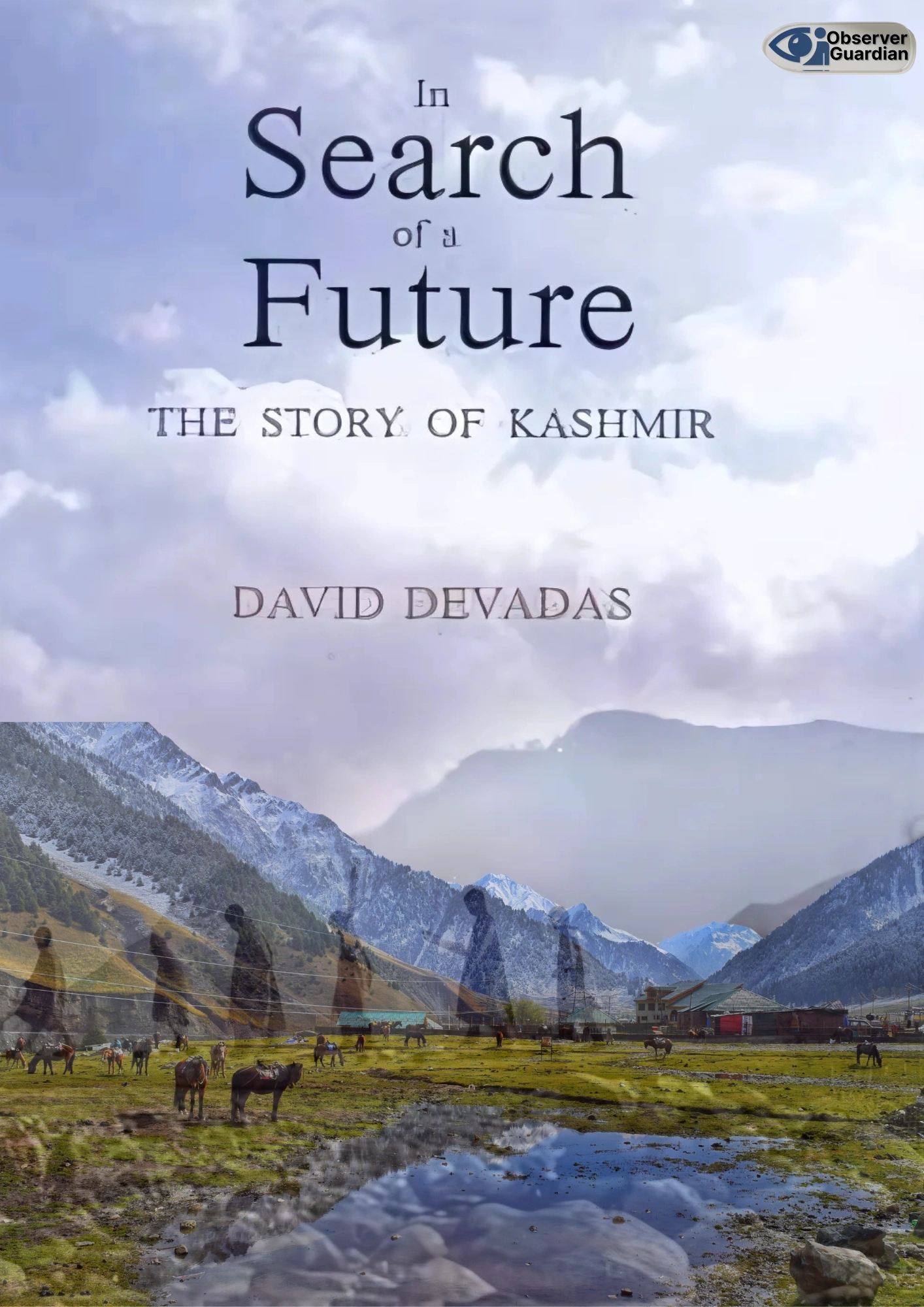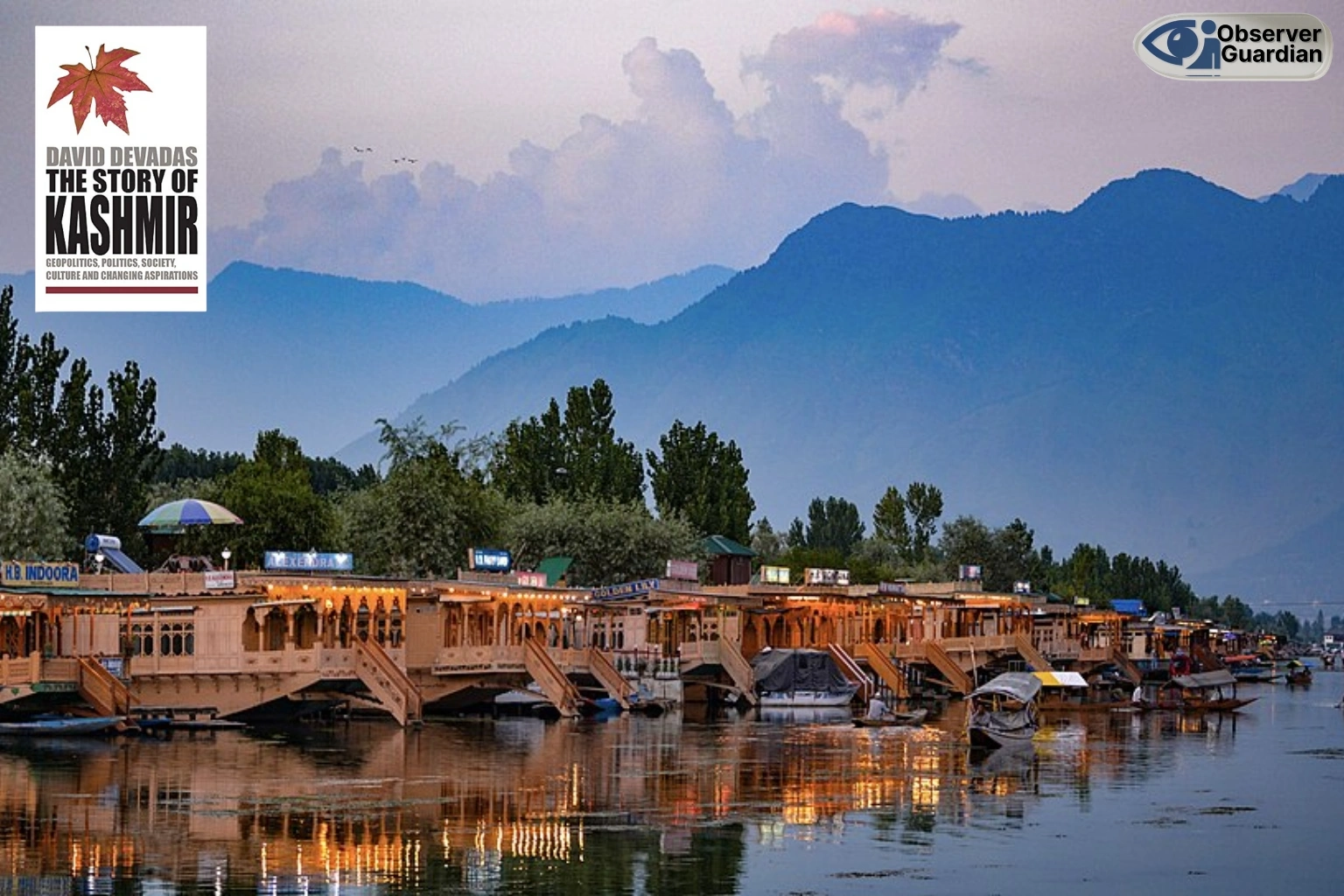Kashmir was known as paradise on earth, but everything is not so rosy as the history narrates. The Kashmir Valley surrounded with the Himalayas is a part of centuries of conflict. Its citizens were ruled to governments that often oppressed and wronged more than disciplined and managed them. These influences have been Afghans, Sikhs, Dogras and then the modern Indian state. With each passing time, more grievance and mistrust were piled up for the people of Kashmir. In this picture there was no beauty without suffering.
The origin of present day uneasiness goes long. Social cleavage has long influenced the Kashmir identity. Pandits, Syeds, Shias and Sunnis also tried to fight over status. This situation was characterized by laxity of cast, lineage, and superiority claims. Religion, which should have united, turned out to be one more place of rivalry as well. This created bitterness and the culture of one upping. It also produced a society where there was the existence of victimhood and pride. That dichotomy continues to condition the Kashmiri mind.
It shifted in 1931. The rebellion against Dogra rule expressed resentment as well as hope. Then, this scenario is aggravated by economic poverty, but it was represented by the language of religious and communal identity. Notably, it is at this moment that Sheikh Abdullah came into the picture. He was charismatic, eloquent and spoke on behalf of Kashmiri Muslims. His politics also promised inclusion, but his varied stances also spread the ambivalence of the Valley itself. Strikingly, Kashmir was seeking equality, while at the same time maintaining special status. It aspired to be independent though it was dependent on foreign forces.
Everything became more complicated by partition. The Maharaja was made to accede to India by the tribal invasion in 1947 that came in through Pakistan. The Indian army invaded the Valley and settled there. Article 370 was supposed to be autonomous, but Delhi quickly started to meddle in politics.
Famous leaders were detained, elections in Kashmir were manipulated, and free speech was thwarted. Therefore, Kashmir’s started to find themselves betrayed.
The very talk of democracy looked vain. With loss of every trust, alienation grew.
In the 1980s, things had become too much to bear. The finals 1987 elections were rigged, and this was the last straw. Youthful men became militants. Therefore, the movement began by talking of independence. Soon they were led by Islamist forces, and this modified its character. The 1990s turned into the era of bloodshed. Pandits were run out of their own homes. Militants killed and the army struck back hard. Both injured innocents. Women were the worst hit. The Valley turned into a battle zone in which dread was the order of the day.

The crisis was aggravated by Geopolitics. The Afghan jihad provided Pakistan with a formula of insurgency. With 9/11, global jihadis also had room in Kashmir. The Lashkar-e-Taiba and Jaish-e-Mohammed then joined in the battle. The struggle of the Valley got mixed up with a larger ideological war. This denuded Kashmir of its local identity and introduced more brutalities. Suicide attacks and mass killings now became the part of the story.
But there were bouts of hope. The Vajpayee-Musharraf talks elicited expectations. There was the feel of possibility brought by cross border buses and trade routes. Other Kashmiri leaders talked of compromise. But violence was ever the recurring theme. Moderates were murdered. Particularly, the hardliners on both sides hampered any possibilities of dialogue. Every chance was lost. All that was left for people of Kashmir was the despair blended with anger.
Furthermore, the street protests were re-kindled in the Amarnath land transfer agitation of the year 2008. There was a revival of separatist feeling through mass protests. The new development was the use of stone pelting to show defiance in the year 2010. Social media provided additional momentum with the death of Burhan Wani in 2016, creating an icon. His image flooded the phones and played an inspirational role to the generations. Educated young men even selected the gun. Funerals were used as political rallies. Moreover, Protests were combined with militancy. The stage of rage and repression was repeated.
It is not all about politics that has happened in Kashmir. It is also concerning leadership. Not all leaders have been able to come above this opportunism. Sheikh Abdullah was out to attain power just as much as principle. Those who followed him could not evoke trust. Separatists were often perceived as caring more about their identity than the future of their society. Delhi, too, has managed Kashmir differently than it would have managed its own people in a comparable situation. It has left the Valley drifting in this absence of leadership.
The most remarkable is that of common Kashmiri people. They have not lost traditional culture of welcome and belief despite war. They continue to congregate at weddings, they continue to cultivate, they continue to expect their dignity. The resilience cannot substitute justice devoid of a political resolution. Kashmir will remain in Eliza-like fever. Suppression can grant peace in the short term, but anger will recur. With every generation the radicalization increases, not decreases.
The world is different, Kashmir dilemmas however persist. It is the perception of the global power who focus through their own glasses neglecting the people themselves. India clings to sovereignty. However, Pakistan peddles its agenda. The voices of Kashmiris are overlooked in between the two. This dereliction of voice is heinous as the violence is.
There is no use pretending to be brave, it takes courage to face the future. India cannot afford to give Kashmiris space in politics instead kept them under military control. Moreover, the honesty should be practiced instead of one-sided rhetoric shown by Kashmiri leaders. Such steps are necessary otherwise the cycle will recur. History already proves that suppression without reconciliation just gives rise to more unrest.
Disclaimer: The views and opinions expressed in this article are exclusively those of the author and do not reflect the official stance, policies, or perspectives of the Platform.







